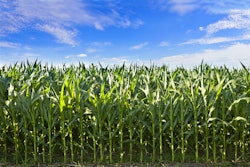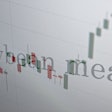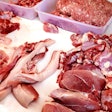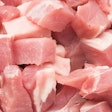
Australia has agreed to lift import restrictions on beef from the U.S. that have been in effect since a 2003 outbreak of bovine spongiform encephalopathy (BSE).
Australia Agriculture Minister Julie Collins said in a statement a “rigorous science and risk-based assessment” had concluded that U.S. measures to monitor and control the movement of cattle meant biosecurity risks were being effectively managed.
Meat from animals born, raised and slaughtered in the U.S. has been allowed into Australia since 2019, but few suppliers were able to prove their animals had been only in the U.S. because cattle frequently moved between the U.S., Canada and Mexico without being adequately tracked, Reuters reported.
However, according to a BBC report, the U.S. has recently introduced better cattle tracing protocols, allowing authorities to track where they were raised and respond more effectively in the event of a disease outbreak.
Australia will now also accept beef sourced from cattle born in Canada or Mexico and legally imported and slaughtered in the U.S., the agriculture ministry said. Australian firms will be able to apply for import permits from July 28.
“Gone are the days of putting American farmers on the sidelines,” U.S. Agriculture Secretary Brooke Rollins said in a statement.
















